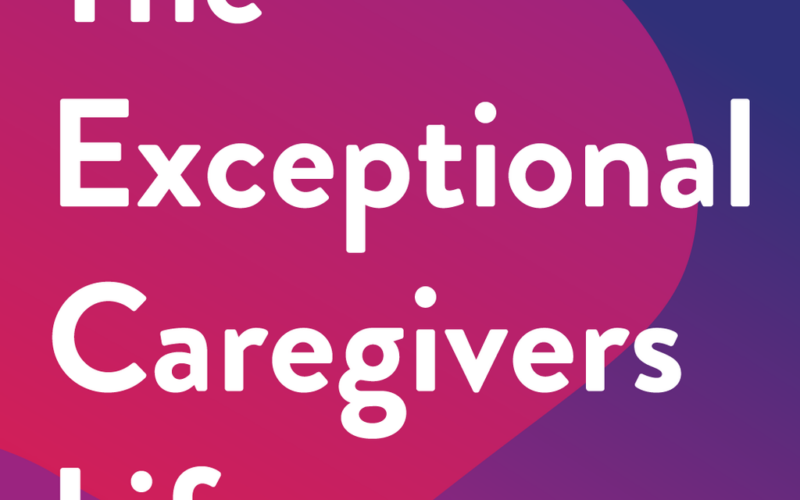It’s National Nursing Week! Although nurses contribute to our communities year-round, since the beginning of the pandemic, nurses across the world have done exceptional work in keeping us safe from COVID-19.
At Surrey Place, our nurses’ support for people with intellectual and developmental disabilities is truly inspiring. To showcase their expertise on a variety of topics, our nurses teamed up to answer some frequently asked questions from clients, caregivers and community members – take a look!
To showcase their expertise on a variety of topics, our nurses teamed up to answer some frequently asked questions from clients, caregivers and community members – take a look!
My daughter has an annual checkup booked. How should I prepare?
On our Developmental Disabilities Primary Care Program website, you can find tools called About My Health and My Health Care Visit, which can be completed before the appointment. You can even add questions to the tool to be discussed during the appointment
My child is feeling anxious or has questions about COVID-19. How do I explain COVID-19 to them?
You can explain COVID-19 to your child by first supporting their understanding. Some other tips include maintaining their old routine as well as building new ones. For more advice, check out this great tip sheet from our Resource Library: How to Talk to Your Child About COVID-19.
If someone has already been sick with COVID-19, do they need to get the vaccine?
There is evidence of people getting COVID-19 again after they have recovered from it, so we do recommend that everyone gets the vaccine, even if you have already been sick from the virus. All four approved COVID-19 vaccines provide very strong protection against serious illness and hospitalization.
There has recently been a death in our family, and I am unsure how to explain to my son what has happened in a way he will understand.
Baroness Sheila Hollins has created a series of books called Books Beyond Words. Each story is co-created with and for people who find pictures easier to understand than words. We recommend reading one on grief and bereavement, and another on the effects of COVID-19.
We have many clients in the group home on antipsychotic medications. Where can I go to get information that is easy to understand?
In our Adult Psychiatric Clinic, we often provide caregivers with information on specific medications. This can be found at www.birmingham.ac.uk. These easy-to-read leaflets are available in audio as well! We always let people know they are produced in the UK because the language and information (such as calling for emergency response or the health care provider’s office) are different.
How can I help regulate my child’s erratic sleep schedule?
There are several non-pharmacological strategies to improving sleep. We recommend: a consistent, relaxing bedtime routine, putting your child to bed and waking them up at the same time every day (even on weekends!), making sure your child has plenty of physical activity early in the day and not in the evening, and ensuring the bedroom is cool, dark, and quiet.
The person I’m caring for has conditions/treatments that need monitoring through blood tests or could experience risky complications. Do you have any advice?
In addition to supporting the person with Surrey Place resources like the blood draw toolkit, the intellectual and developmental disability (IDD) nurse could collaborate with the primary care provider and IDD specialists like behaviour therapists and mobile/home visiting lab services if needed, to help prepare and support the person to gradually tolerate blood tests.
Resources You May Like
- VISUAL GUIDE: Step-by-Step Guide in Getting a COVID-19 Vaccine
- RECORDED WEBINAR: COVID-19 Vaccines: Getting Set to Go
- TIPS & FORMS: Getting Ready for My Shot Tool
- COVID-19 RESOURCES: For Parents, Adults with Disabilities, and Professionals
- COVID-19 RESOURCES: For Health Care Providers and Caregivers


